Is it the feathers that do the trick? The severely truculent expressions on their faces? Or is it their ancient origins? Or the places where they live?
Whatever their secret, birds of prey have exercised an extraordinary hold on human beings for tens of thousands of years. In the bad old days, their fans ranged from ancient Teutonic kings to Hitler’s right-hand-man Hermann Göring. Today, it seems to be artistic types and country-lovers who keep the flag flying. Or, do I mean keep the tail feathers fluttering?
In this exhilaratingly honest and passionately broadminded book, the poet and Cambridge academic Helen Macdonald combines her ‘sorry story’ of hawk addiction with the similar trials and tribulations suffered by the great T.H. White, whose love-hate relationship with his own poor bird is fascinatingly recorded in his book The Goshawk, first published in 1951.
White and Macdonald have much in common. For all the acolades heaped on his masterpiece The Sword in the Stone (1938), White saw himself as a ‘third-rate schoolmaster’ and according to the author was a sadistic homosexual, hopeless drunk and ‘one of the loneliest men alive’. As for Macdonald herself, she is also an emotional mess or, in her own wonderful words, ‘an empty wasp’s nest’ and ‘someone tailor-made for a secret life’, who often feels like Alice falling down her rabbit hole.
The important thing is that White and Macdonald have both turned their backs on humanity in favour of hawks. More than that: they have both found themselves in their hawks. In the author’s case, she even claims to have turned herself into a hawk, ‘nervous, highly strung, paranoid and prone to fits of terror and rage’, who eats greedily or not at all.
For Macdonald, the whole thing was partly kicked off by the sudden death of her father, a famous Fleet Street photographer. A devotee of White’s book since she was a little girl, the grief-stricken daughter goes off and pays £800 in cash for a hawk of her own. In the pages that follow, she describes the taming, training and grieving process in every bloodthirsty detail. She calls her new pet Mabel and feeds her raw steak, slippery rabbit livers and — oh, how she loves them — dead one-day-old chicks. Within a few weeks, she has been savagely bitten and fallen crazily in and out of love with her new feathered friend.
The crucial turning point comes, of course, when she decides to let Mabel fly free. There are innumerable scary moments when it seems that, like White’s hawk, she has disappeared forever. Or even worse, been shot by a man looking after the pheasant chicks or ‘ungainly clockwork dinosaurs’ among whom she has strayed.
This book has a lot to say about snobbery and old elites, civilisation’s failures and what White calls the ‘savagery of the human heart’. The author has a tantrum when a passer by makes a disparaging remark about the immigrant population — and drags in key passing references to the collapse of Northern Rock, a famous car crash on the A14 and even the mini-earthquake which hit the Midlands a few years ago.
But it is in her descriptions of nature that Macdonald really excels. Blissfully at home traversing the ‘rabbit-grazed sward’ and breathing in air ‘reeking of pine resin’ or ‘the pithy vinegar of wood ants’, she is almost equally canny about ‘the collapsing echo of a passing train’ or the ominous flickering of faulty strip lighting, undecided about whether to ‘illuminate the room or cease working entirely’.
And, of course, it’s the hawks themselves, murderous, sulky, fractious, foreign and ‘the wildest and proudest of living creatures’ ,which really come alive. T.H.White describes his own pet both as ‘a hump-backed aviating Richard III’ and as ‘a bloody little sod’. Helen Macdonald presents dear old Mabel as ‘an ocean liner’ and ‘a pitcher of caustic agent’ but also as a ‘household god’ and ‘protecting spirit’. And, yes, it’s their feathers that win all the prizes, whether ‘puffed up into a meringue of aggression and fear’, the ‘colour of sunned newsprint or tea-stained paper’ or even, when preened, sounding like — here we go again — ‘a pack of cards being shuffled’.
Got something to add? Join the discussion and comment below.
Get 10 issues for just $10
Subscribe to The Spectator Australia today for the next 10 magazine issues, plus full online access, for just $10.
Available from the Spectator Bookshop, £12.99, Tel: 08430 600033. Andrew Barrow’s books include The Man in the Moon, The Tap Dancer and Animal Magic.
You might disagree with half of it, but you’ll enjoy reading all of it. Try your first month for free, then just $2 a week for the remainder of your first year.

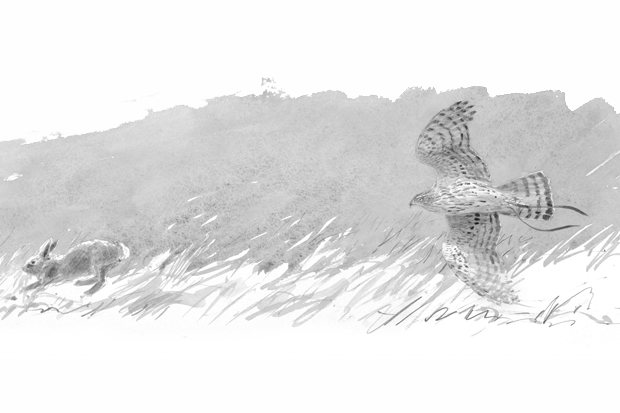
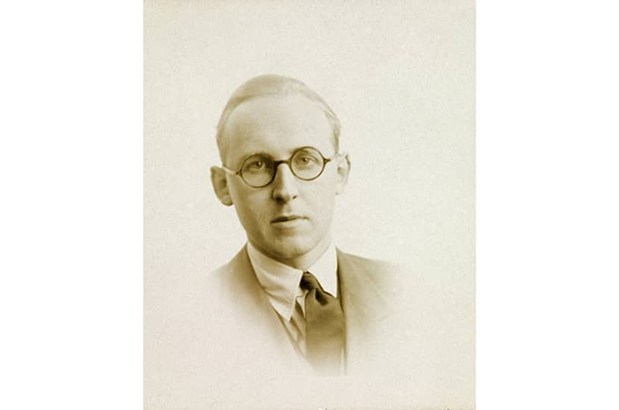
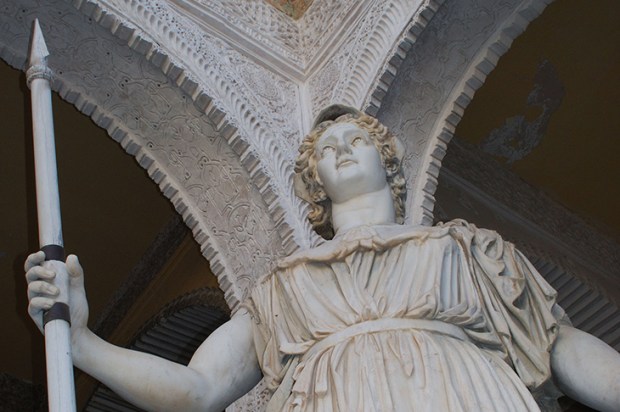

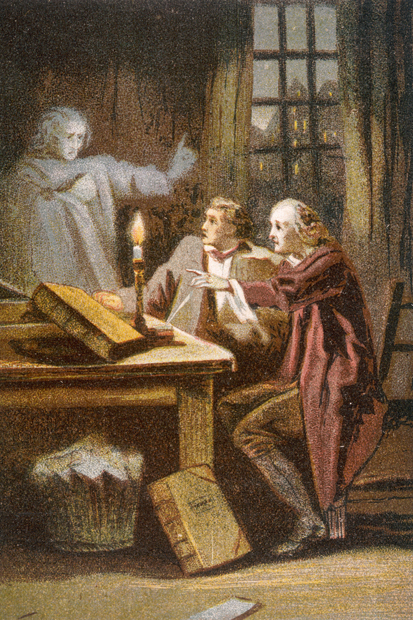
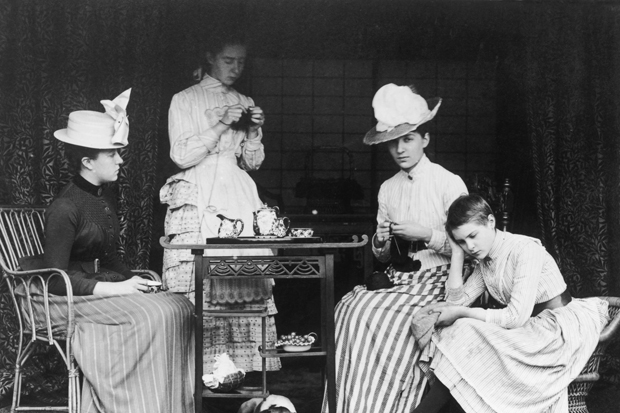
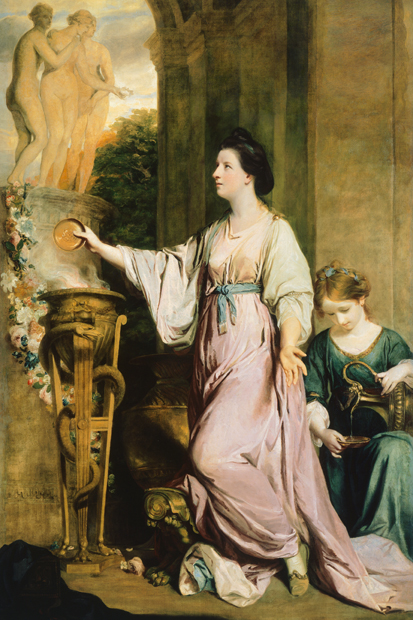






Comments
Don't miss out
Join the conversation with other Spectator Australia readers. Subscribe to leave a comment.
SUBSCRIBEAlready a subscriber? Log in